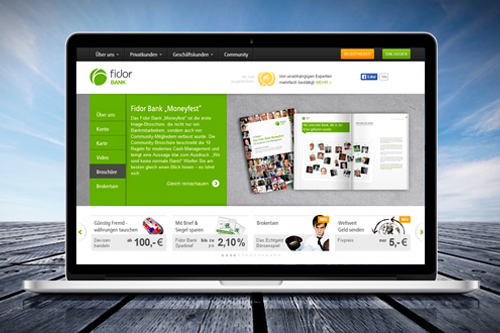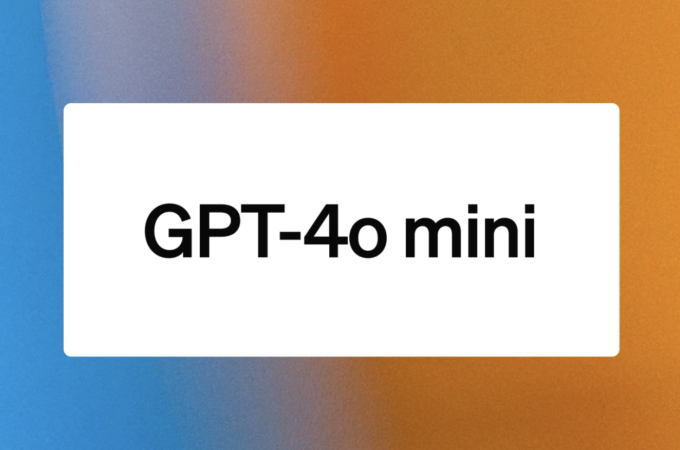
The Future of the Digital-only Bank
Money Summit: In the last few years “neobanks” such as Moven, Simple and GoBank have been born to create a frictionless digital experience. Fidor Bank has a similar mission, and their European banking license allows them to own all of their infrastructure and create a completely new paradigm. They even have plans to come to the US and Asia shortly. Fidor Bank believes it is the “Bank For The Digital People.” Here’s what Kroner said in our interview:
Breaking down your vision, what are your core focus areas?
We believe it comes down to three things:
- Web 2.0
- Technical openness by API
- Data
1. Web 2.0
This stands for the full integration of the customer into the experience. This means even if it’s sometimes painful and requires a lot of patience, we integrate our users and customers as much as somehow possible into the experience technically, communicatively and conceptually.
Banks today are disintegrated, not integrated. Why do we need to integrate them into the experience? Because we want to gain what banks lost during the crisis: TRUST.
We need trust because we want to be seamlessly integrated into the digital lifestyle of the people we serve. In measurable KPI’s, the outcome is our customer acquisition, which is just 20% of the cost of a high street bank in Germany. Obviously we are not doing too bad.
2. Technical Openness by API
If you want to be as useful as possible and deliver a valuable service, you cannot rely only on a handful of your proprietary services. What are the options?
a. If you rely on your proprietary products and services or that of a service provider, then you acknowledge that you believe there is no better service than the service you are offering your customer. Okay – you are a world champion. Great.
b. But, if you are not convinced this is the case, then you are fooling your customers. Meaning that there would be some better service out there, but you exclude that experience for your customers.
c. If you believe you want to offer more value to your customer, but you can’t actually achieve it for whatever reason (tech, staff, resources), then you need to open up. If you want to deliver the richest and most value added service, you need to be open. You need to be open and easily accessible as possible. That’s why API banking is critical.
3. Data
You should collect as much data as you can get, but you must use it responsibly and in the favor of your users and customers. It is not the case that a bank is the owner of that data — simply because the data is created by and belongs to each single customer and user. So, you cannot fool people with it. This is why we are not only creating a management system, but a customer information system (CIS). The data belongs to the customer. You need to give it to them in a digested, aggregated and useful way, supporting the users and customers in improving their personal financial situation.
Read the full interview: Money Summit




